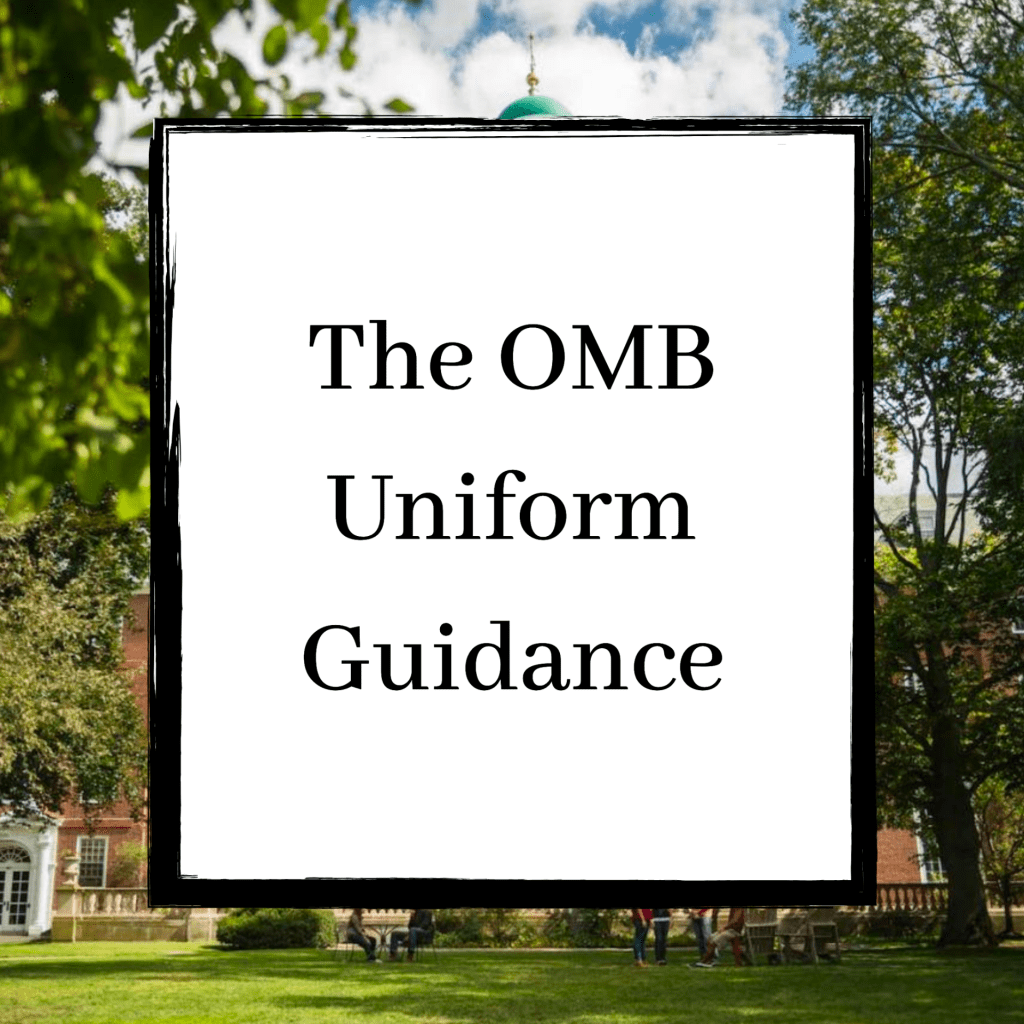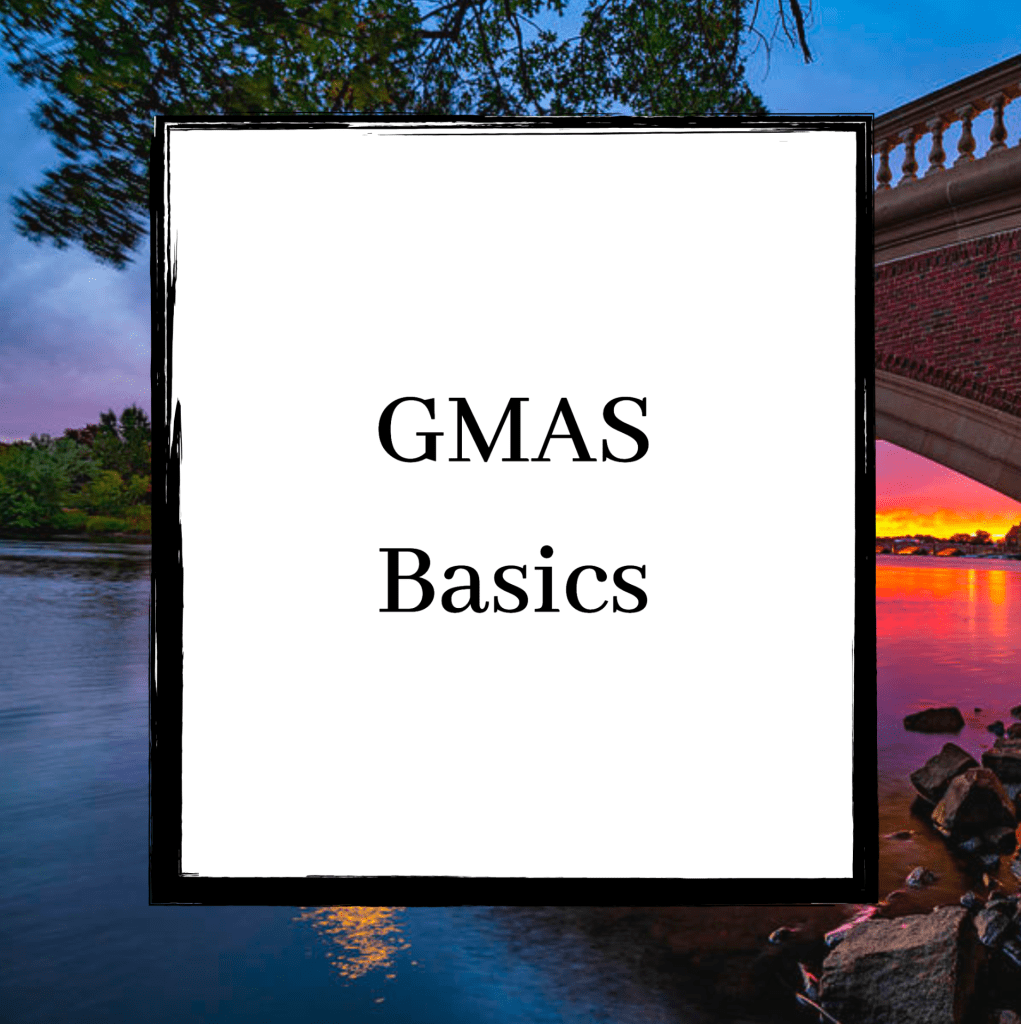Our Onboarding Program
Get Started in Research Administration at Harvard.
The OSP Training Team developed the following 14-course onboarding program for university-wide use. The following self-paced courses are all currently available in HTP. Please note, all links open in a new tab.
During the next phase of our training refresh; we will analyze, evaluate, and refresh many of these courses. Keep an eye out for news about this development! Subscribe to the OSP Blog to keep current on the latest training developments.


1. Sponsored Basics
This online course functions as an overview of sponsored research at Harvard. The course will identify the roles and responsibilities for administering awards.
Learning Objectives:
- Identify the components of a sponsored project
- Define the role of the Principal Investigator (PI)
- Identify the roles and responsibilities in sponsored research administration

2. The OMB Uniform Guidance
This online course is intended as a primer on the Uniform Guidance from the Office of Management and Budget (OMB).
Learning Objectives:
- Describe the purpose of the OMB Uniform Guidance and how it relates to federal agency and Harvard policies
- Name the key areas of focus in the OMB Uniform Guidance

3. Cost Principles & Direct Costs
In this course, you will learn about the types of costs that may occur on sponsored projects, and the principles in the OMB Uniform Guidance that govern these costs on federal awards.
Learning Objectives:
- Classify proposed project costs as either direct or indirect costs
- Utilize the Sponsored Expenditures Guidance to evaluate proposed costs
- Describe types of personnel costs and other expenses frequently seen as direct charges on sponsored awards

4. Systems Overview
This training focuses on university-wide systems that can be used by research administrators to assist in their day-to-day operations.
Learning Objectives:
- Identify and describe systems utilized in research administration at Harvard
- Define when it is appropriate to use each system

5. GMAS Basics
This online course functions as an overview of the Harvard Grants Management Application Suite (GMAS).
Learning Objectives:
- Define what GMAS is and how to access the system
- Describe the importance of using GMAS and how the system is integral to award management
- Access resources as needed

6. Proposal Development & Submission
This course introduces key components in the pre-award process, such as proposal development, review, and submission.
Learning Objectives:
- Review proposal development and proposal submission within the lifecycle of a sponsored award
- List common components of a proposal
- Identify and describe pieces of the review and submission process

7. Award Receipt, Negotiation, and Set-Up
This course reviews the topics of just-in-time procedures, award notices, award negotiation, approvals, and account set-up.
Learning Objectives:
- Define key concepts in award receipt, negotiation, and set-up
- Describe the roles and responsibilities of central offices, schools, departments, and principal investigators in award receipt, negotiation, and set-up

8. Award Management & Closeout
This online course covers the topics of award management, account monitoring and reconciliation, and systems for financial management.
Learning Objectives:
- Define the core functions for effective post-award management
- Describe systems and dashboards that support post-award management
- Reiterate key steps in the closeout of an award

9. Compliance Fundamentals
This course defines compliance, reviews how Harvard employees achieve compliance, and outlines the potential consequences of non-compliance.
Learning Objectives:
- Reiterate some of the rules, regulations, and policies that must be adhered to in order to achieve compliance when managing sponsored funds
- Describe several core pre-award and post-award compliance topics
- Identify consequences of non-compliance

10. Intro to Procurement
This self-paced session provides an overview of Harvard’s Procurement Policy. The covered topics include purchasing thresholds, debarment and vendor justification forms, and the workflow in Buy-to-Pay.
Learning Objectives:
- Describe Harvard’s procurement process in detail
- Identify special purchases that may require additional approvals
- Determine when a Vendor Justification Form (VJF) or Debarment Form must be used

11. Federal Travel Regulations
This online course reviews key aspects of the federal travel regulations related to sponsored travel.
Learning Objectives:
- Apply Harvard’s Travel Regulations for sponsored travels
- Use the information from this course to make prudent decisions when traveling on federal funding

12. Intro to Cost Transfers
This course introduces the topic of Cost Transfers and Harvard’s Cost Transfer Policy. Be sure to read the Cost Transfer Policy before beginning this course.
Learning Objectives:
- Determine which cost transfers require a cost transfer form and/or institutional approval
- List several strategies for avoiding cost transfers
- Describe how Harvard’s cost principles are applied to cost transfers
- Explain, in general, Harvard’s cost transfer procedures

13. Effort Essentials
This course provides an overview of the processes of effort reporting and certification at Harvard University.
Learning Objectives:
- Define effort as it relates to the University and the Uniform Guidance
- Discuss risks of non-compliance with Harvard’s Effort Reporting Policy
- Describe your role in ecrt and how it relates to effort reporting

14. Register for Our Live Onboarding Session
This unique experience will provide our relatively new research administrators an opportunity to network with other research administrators at Harvard and discuss specific topics in research administration. Please come prepared to participate in case study discussions and interact with our subject matter experts through a panel discussion.
This session will be offered quarterly.
Duration: 50 minutes